In 2021, I had the privilege to lead Action 4 Liberty, a group that fought against the COVID lockdowns, mandates and disinformation propaganda. As the Biden Administration began mandating Americans take an experimental drug or face being terminated in their jobs, we quickly joined forces with a group of nurses who wanted to educate the public on the dangers of the experimental COVID jab.
But in December, we were alerted by Facebook that our page and our large Facebook group of over 50,000 people was removed from the internet. At the time, we believed this action was done internally by Facebook, but it’s been revealed that our own government went to social media companies, like Facebook, and requested that our voice be silenced. A clear infringement of the First Amendment right to free speech.
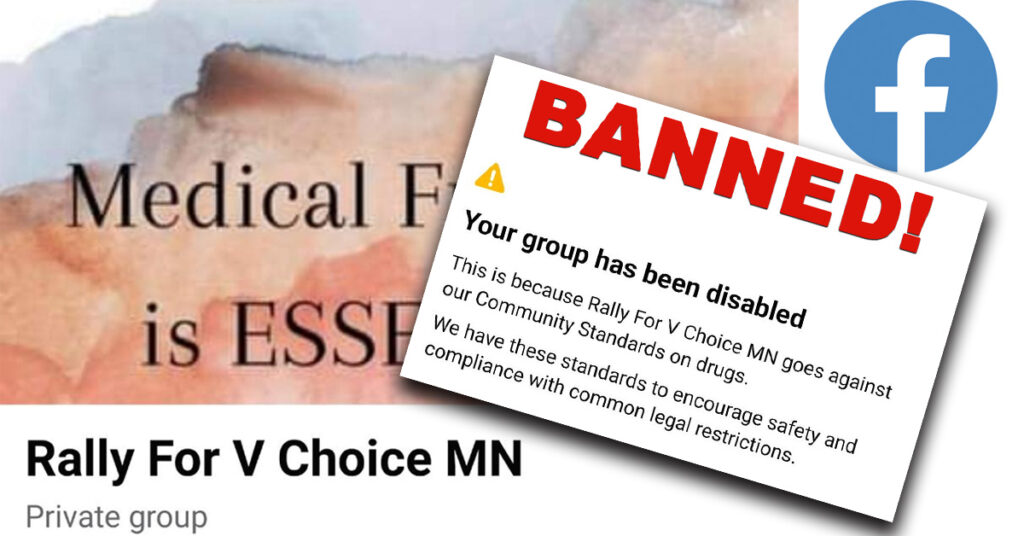
Attorneys General in Republican led states filed a lawsuit (Murthy v Missouri) against the Biden Administration and several federal officials. Luckily, the 5th Circuit Court ruled in favor of the plaintiffs and placed an injunction against the Biden Administration’s acts of censorship.
However, this morning, the Supreme Court overruled the 5th Circuit by a vote of 6-3 finding that the the plaintiffs lacked standing. Trump appointed justice, Amy Barrett Cohen issued the majority’s opinion:
The Fifth Circuit was wrong to [issue a sweeping preliminary injunction]. To establish standing, the plaintiffs must demonstrate a substantial risk that, in the near future, they will suffer an injury that is traceable to a Government defendant and redressable by the in-junction they seek. Because no plaintiff has carried that burden, none has standing to seek a preliminary injunction.
Although the Court did not technically rule on the Biden Administration’s infringement of free speech, this is a blow to the First Amendment and the Constitution nonetheless. Organizations like Action 4 Liberty were definitely harmed by the actions taken by the Federal Government.
The three dissenting votes were Thomas, Gorsuch and Alito.
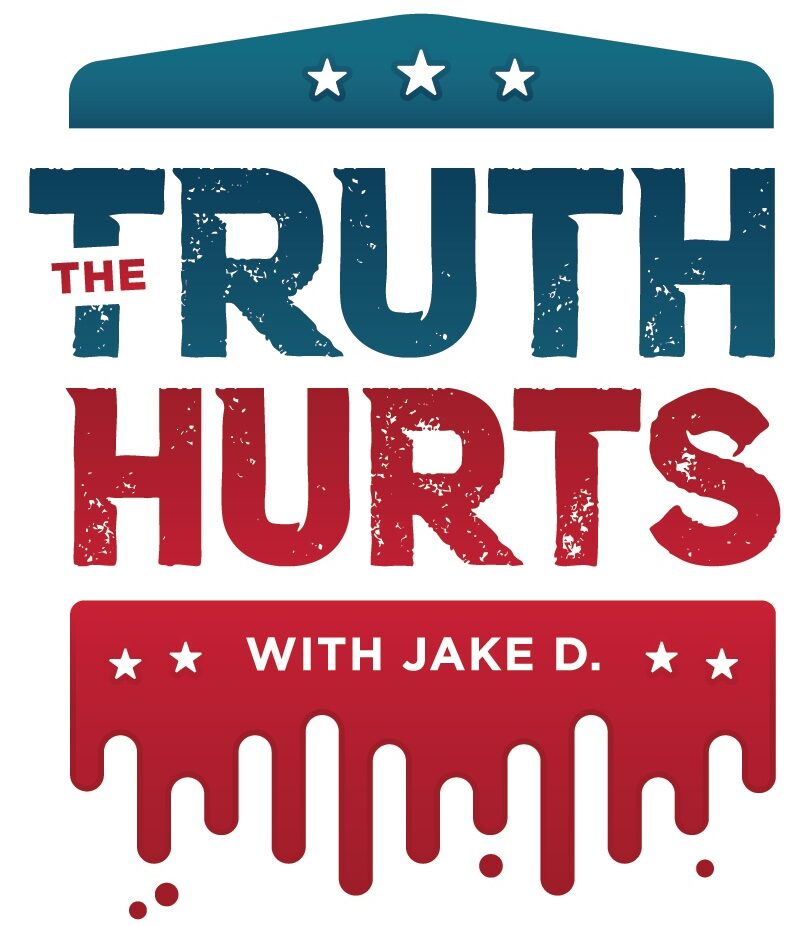

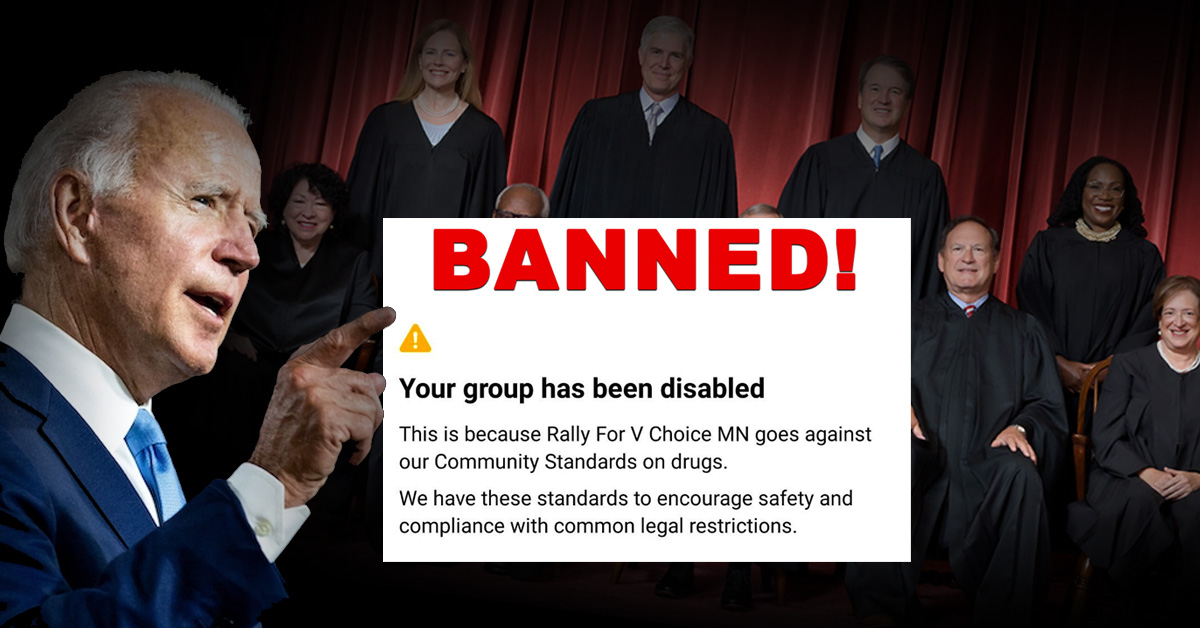
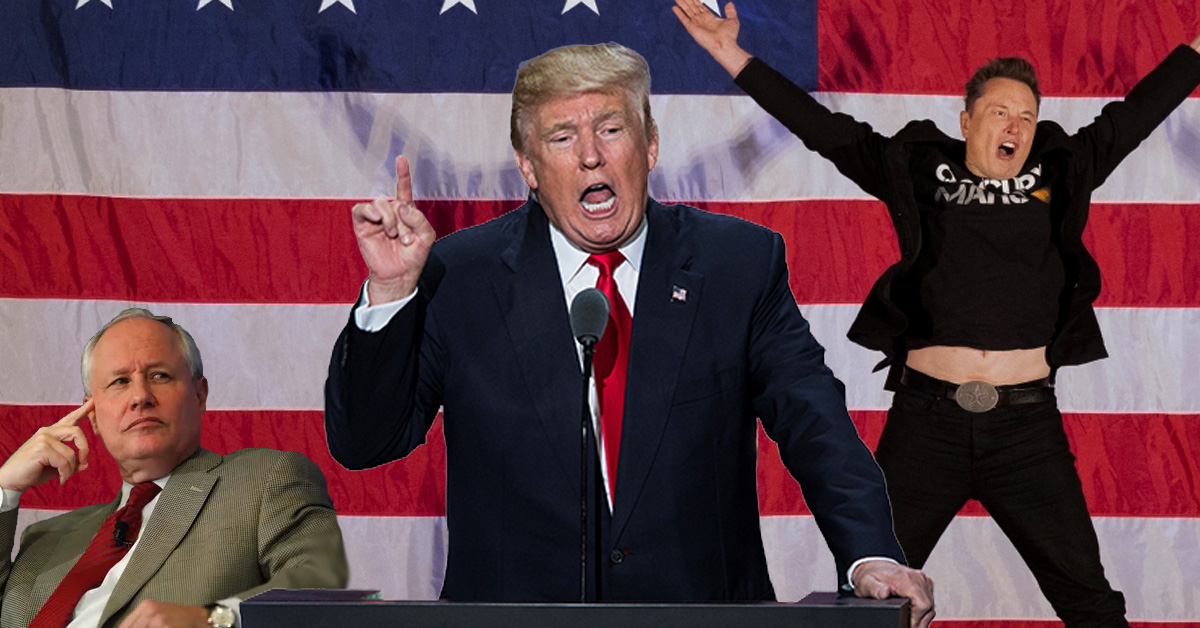
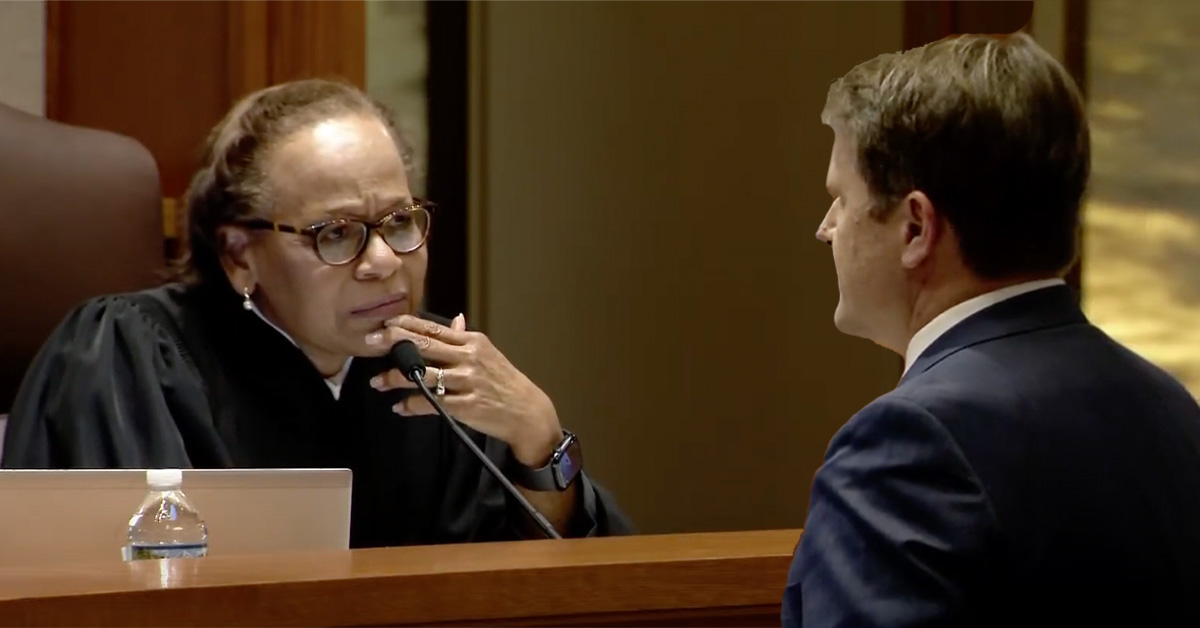
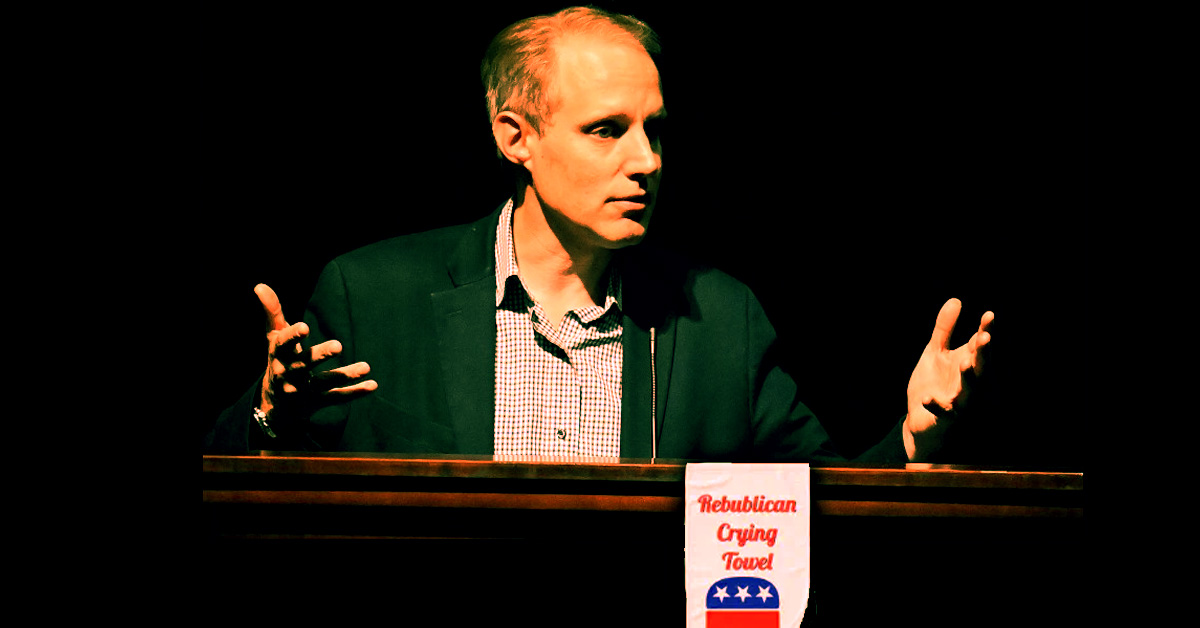
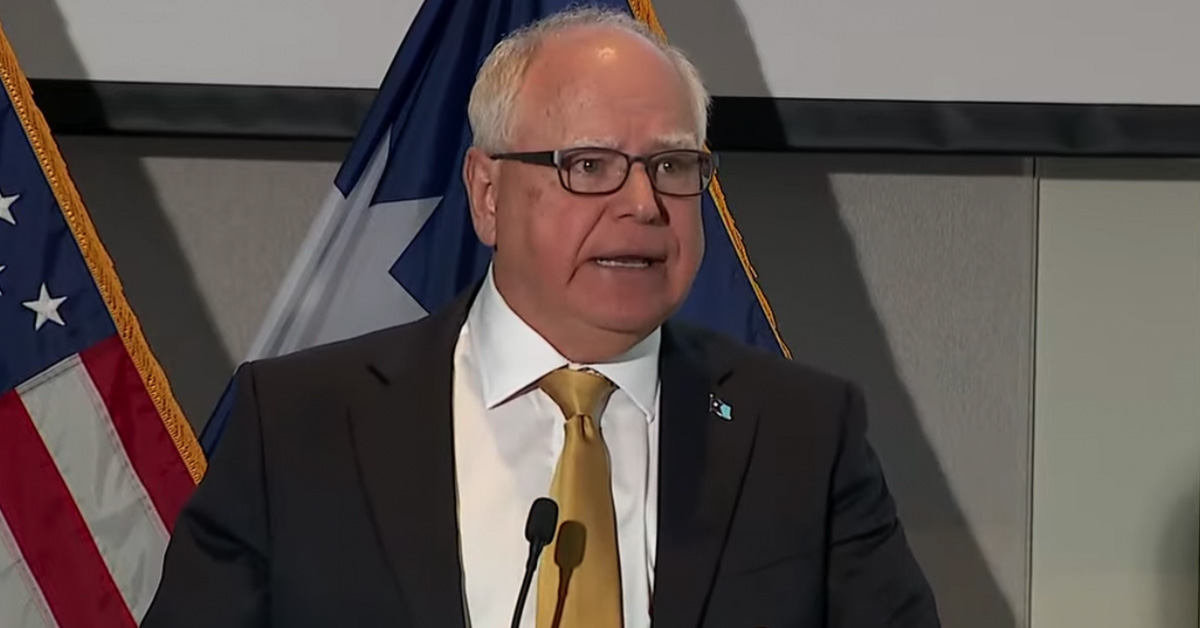
The resemblance between this case and that of the plaintiff in Near v. Minnesota (1934) is very strong. Minnesota had enacted a law stating that a news publisher that criticized a public official could be shut down as a “public nuisance” unless the publisher could prove to a court that the criticism was truthful and not made out of malice. The major difference here is that instead of a bureaucrat going to a judge to get the declaration, he goes to shadowy “fact checkers” and “moderators,” before whom the target person does not even have a right of defense. Even the language they use implies that the forbidden speech is considered a public nuisance.
The Supreme Court had no trouble with the standing of the plaintiff, but ruled that the statute was prior restraint on the freedom of speech by the government and was therefore unconstitutional. In the modern version, the Court apparently considers the full privilege of publishing on a social media platform to be of no value whatsoever.
Hey people!!!!!
Good mood and good luck to everyone!!!!!